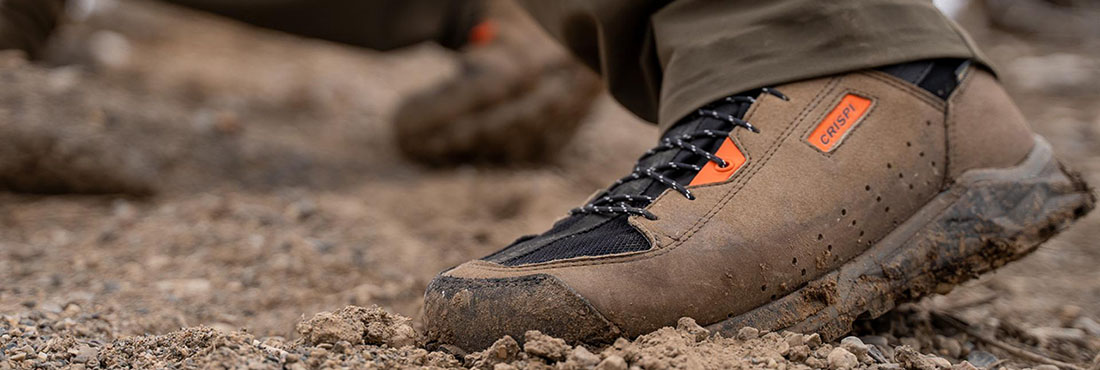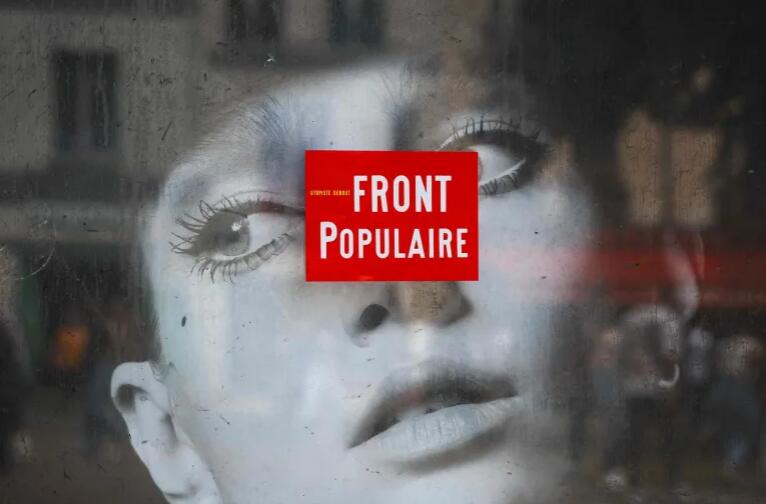“Nobody thought we could do it, and we still did it,” Marine Tondelier, the leader of the French Green Party, said as she rejoiced the formation of the Nouveau Front populaire (New Popular Front), an alliance of left-wing parties ready to fight in the snap French legislative elections on June 30 and July 7.
It is a rare sight indeed: the French left united. Historically, they have turned bickering and infighting into an art form. Their last attempt at unity, during the 2022 legislative elections, fell apart amid mutual resentment between left wing parties. But now, it’s different. The choice is between unity, and a far right catastrophe.
“Be careful, when a democracy is sick, fascism comes to its bedside, but it is not to inquire about its health.” The famous quote, often attributed to Albert Camus, is painfully relevant today. The threat of the far right knocking on the Republic’s door has forced the French left to get its act together.
President Emmanuel Macron’s gamble to call snap legislative elections in response to his party’s humiliating defeat against the far right in the June 9 European Parliament elections spurred the left into action and unity. The fear of far right National Rally taking over Parliament and its leader, Jordan Bardella, becoming the next prime minister, did not allow for sideration or complacency.
President Macron’s strategic dissolution of the National Assembly, which gave the far right a very real chance at obtaining power, inadvertently ignited a flame within the left. Immediately, left-wing activists from various factions started calling for a united front. We all knew this was a big ask – after all, the theory of “irreconcilable lefts” is still alive and well. But within days, the Greens, Socialists, Communists and France Unbowed negotiated and agreed on constituencies, ensuring a single left unity candidate in each legislative race rather than splitting the vote, as well as on a detailed “legislative contract” to govern.
This new broadchurch electoral alliance, supported by social democrats like former President Francois Hollande as well as outspoken anticapitalists like former presidential candidate Philippe Poutou, is a refreshing development that may actually trigger a left-wing resurgence.
Its name, the New Popular Front, is a nod to the Popular Front (Front populaire) that won the 1936 parliamentary elections. The similarities between the two left-wing groups, formed nearly a century apart, are significant. Back then, as now, the left faced rising fascist forces. Yet, through unity and determination, they secured groundbreaking social reforms: paid annual leave, a 40-hour workweek and more. Today’s New Popular Front aims for a similar transformation with a “programme of rupture” from the Macron era, with a plan to spend 150 billion euros ($161bn) by 2027 and raise an equivalent amount to support public services, accelerate the green transition, and help families struggling with the cost of living.
The new alliance is not just a coalition of parties but a movement supported by unions, civil society, and ordinary citizens. And it has triggered an unprecedented wave of grassroots mobilisation.
The stakes are incredibly high, and people have recognised the gravity of the situation. The record number of French citizens living abroad who participated in online voting underscore this widespread realisation. In every neighbourhood, in every community, people are coming together to campaign, to vote, and to emphasise the historic gravity of this moment. It is a groundswell of activism that is as inspiring as it is necessary.
This surge of activism is driven by the belief that the left is strong, confident and united – but also by the concern of what might happen if the far right prevails. People are genuinely afraid of a far right victory unleashing a new wave of racist violence. Centrists and right-wingers claim there’s an equivalence between the New Popular Front and the National Rally. But of course, if the left wins, minorities wouldn’t have to fear for their safety. The same cannot be said in case of a National Rally victory.
Alice Diop, an acclaimed French filmmaker raised in the Paris suburbs by parents who immigrated from Senegal in the 1960s, have expressed this concern the best. “The far right in power isn’t merely unsettling morally; it’s a genuine fear,” she said. “For people like me, it’s a matter of life or death.”
We’ve already had a preview of the violence that could erupt if the far right triumphs, with left wing activists facing unprecedented hostility, vitriol and even physical attacks during the short campaign period. Just last week, a Green activist carrying leaflets filed an official complaint with the police after being assaulted by two individuals who identified as National Rally supporters.
France is facing a very real threat from the far right, but the Left has stepped up to the task, united behind a positive message, and provided the French people with a credible, hopeful alternative.
“Nobody thought we could do it, and we still did it.”
Tondelier’s words resonate deeply because they capture a collective sentiment. It’s not just about political strategy; it’s about survival and dignity, a battle for the soul of our country. It’s a powerful antidote to the despair and fear that the far right thrives on.

